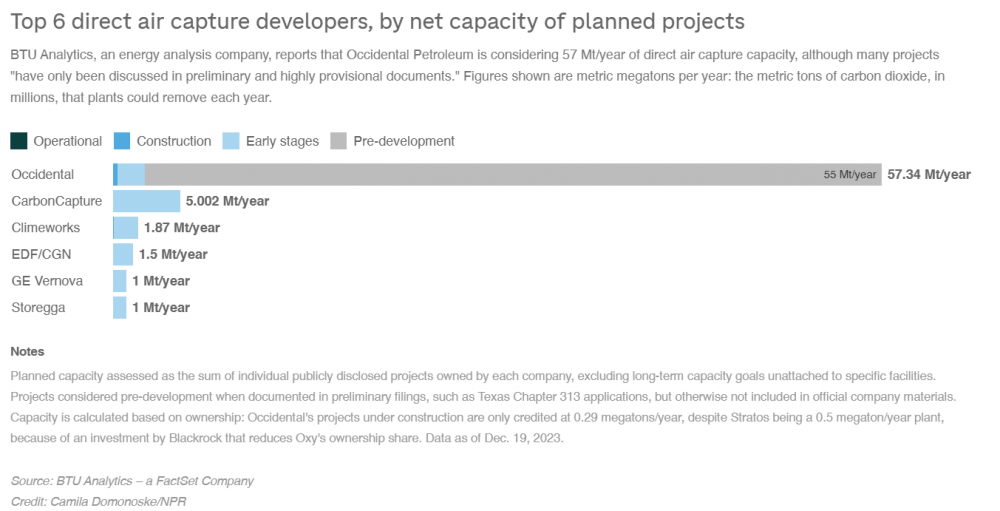my OP said this: "...it's just a spectrum of the agency problem I guess. I mean, I disagree and don't like it, but I'm not going to do anything about it or care more than just notate it on a messageboard."
and then the guy responded thinking I was talking about the federal agency, so I responded back that I was actually referencing a well known business issue and linked it above if he wanted to read up on it.
Now, delving into my personal opinion which is what I think you were asking: I think that providing a quasi-mandate (and full mandate in other areas like aforementioned armed services and healthcare) by putting a biologic into your body and NOT allowing for legal remedy to the manufacturer's or enforcement is on the spectrum of the problem.
Is the definition and if you interpret that the agent is the organization enforcing vaccinations (and as an extension the manufacturer of vaccinations) and the princpal (those who do not want the vaccination), you see there is a problem when there is a lack of means to punish the agent for any ill consequences.
You can argue that it was (and is) a necessary mandate and that a utilitarnianism philosophy should reign supreme here, but I think there is reasonable arguements to be made in the realm of ethiical egoism, bodily autonomy, libertarianism, etc.
I'm not taking a stance really here except to just say as I did in the OP: "Wow, those service members just got back pay and reinstatement for sticking to their guns, the odds and gamble they took to get here was like if the gamblers you hear about hitting a parlay" to paraphrase.




